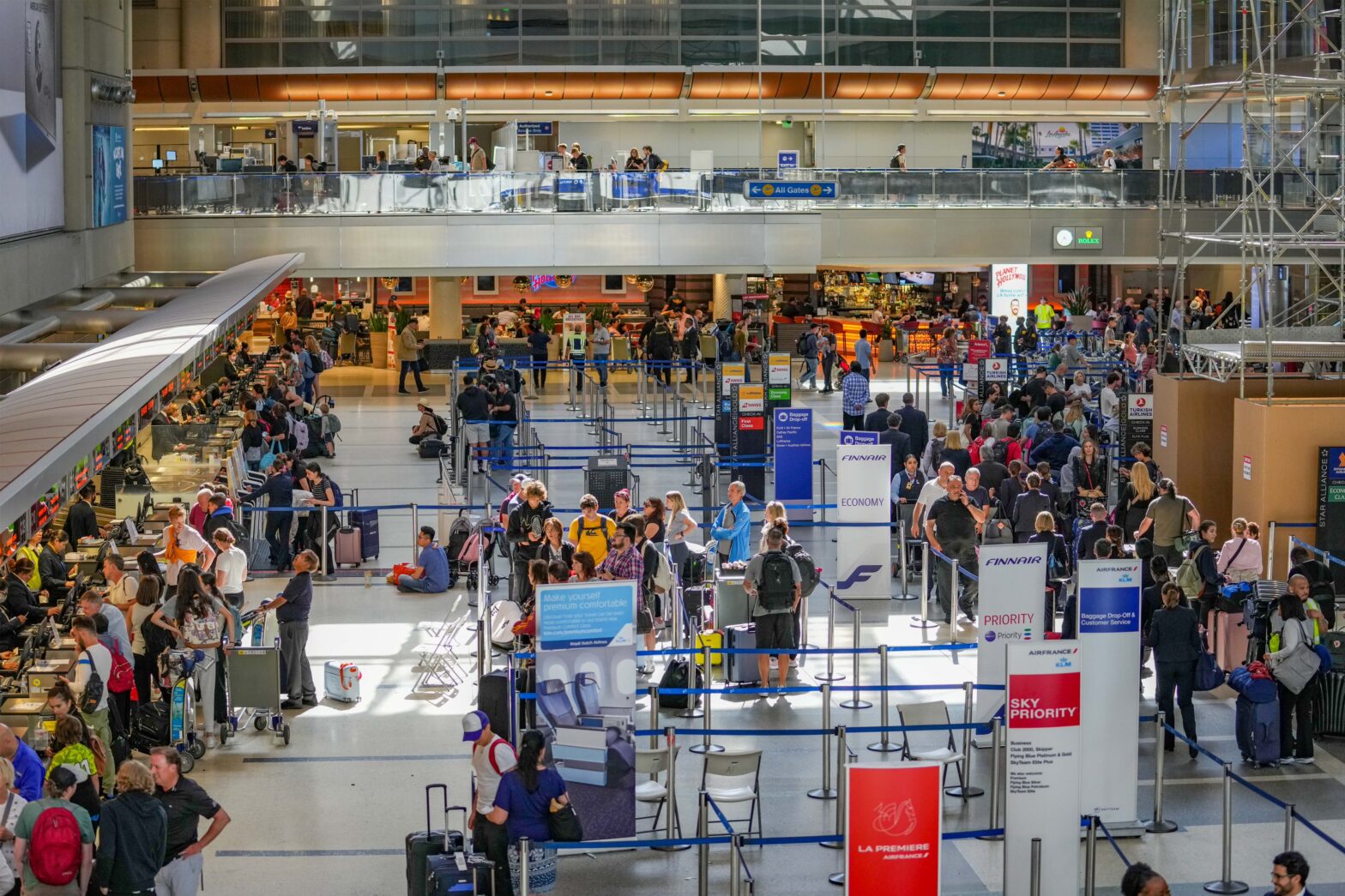As the holiday season approaches, many travelers eagerly anticipate reuniting with loved ones or embarking on a well-deserved getaway. However, navigating the hustle and bustle of airports during this festive time can bring its own set of challenges. Delays, cancellations, and baggage mishaps can test the patience of even the most seasoned travelers. In light of these potential hurdles, understanding your rights and knowing how to handle various situations becomes paramount.
Understanding your rights and potential compensations in the realm of air travel is crucial, particularly when dealing with delayed and canceled flights. The U.S. Department of Transportation (DOT) has laid out guidelines that airlines must follow. Here are the key aspects that every traveler should be aware of during holiday travel.
Baggage Woes: What to Expect
Baggage issues, though rare, can be a traveler’s nightmare. Airlines generally cover repair costs for damaged bags, but pre-existing damage or overpacking is exempt. In the event of a delayed bag, airlines are responsible for locating and returning it to you, with compensation for reasonable expenses. Lost bags, defined by most airlines after a 5 to 14-day search period, are subject to a maximum liability of $3,800.
Delayed Flights: Navigating the Wait
For delayed flights, airlines must rebook passengers on alternative flights. However, federal law doesn’t mandate monetary compensation for delays. In the case of significant delays, the DOT suggests the possibility of a refund, leaving the definition of “significant” open to individual interpretation.
In situations where delays or cancellations are beyond the airline’s control—such as weather, mechanical issues, or air traffic problems—compensation becomes discretionary, and passengers are encouraged to communicate directly with the airline for potential assistance.
Canceled Flights: Know Your Options
If your flight is canceled less than 14 days before departure, and you opt to cancel your entire trip, the DOT ensures you are entitled to a refund for both your ticket and any pre-paid baggage fees. Even with non-refundable tickets, this policy generally applies. Alternatively, if you choose to proceed with your journey, the airline typically offers a free rebooking, though the new schedule may differ from your original plans.
Overbooking and Denied Boarding: A Common Challenge
Overbooking is a common industry practice to ensure full flights, occasionally resulting in voluntary or involuntary bumping of passengers. If faced with denied boarding, airlines must provide an explanation. Compensation eligibility depends on factors like the reason for bumping, and passengers may qualify for compensation under specific circumstances outlined by the DOT.
